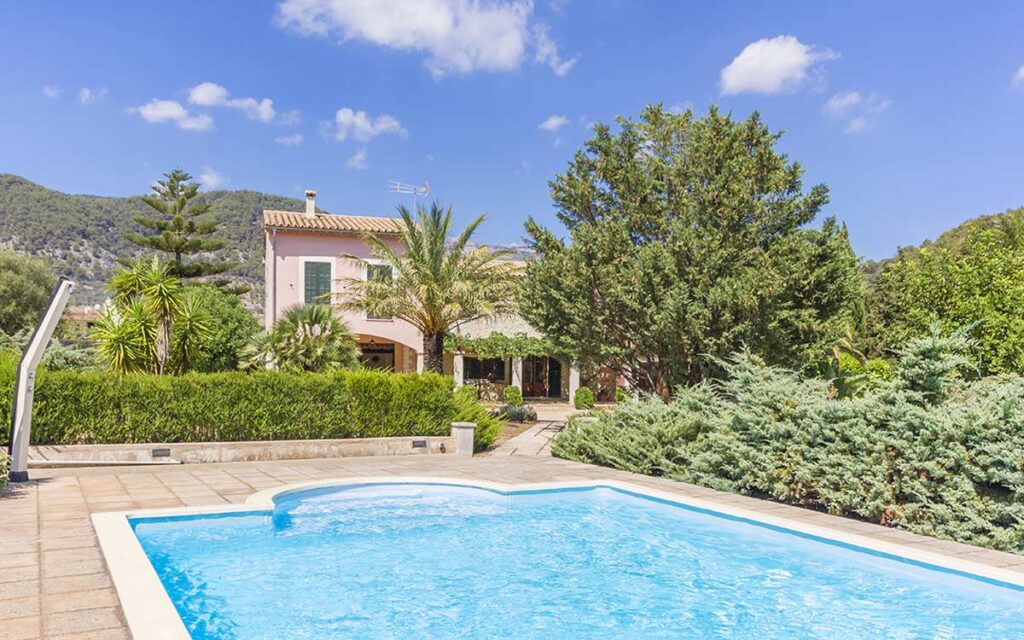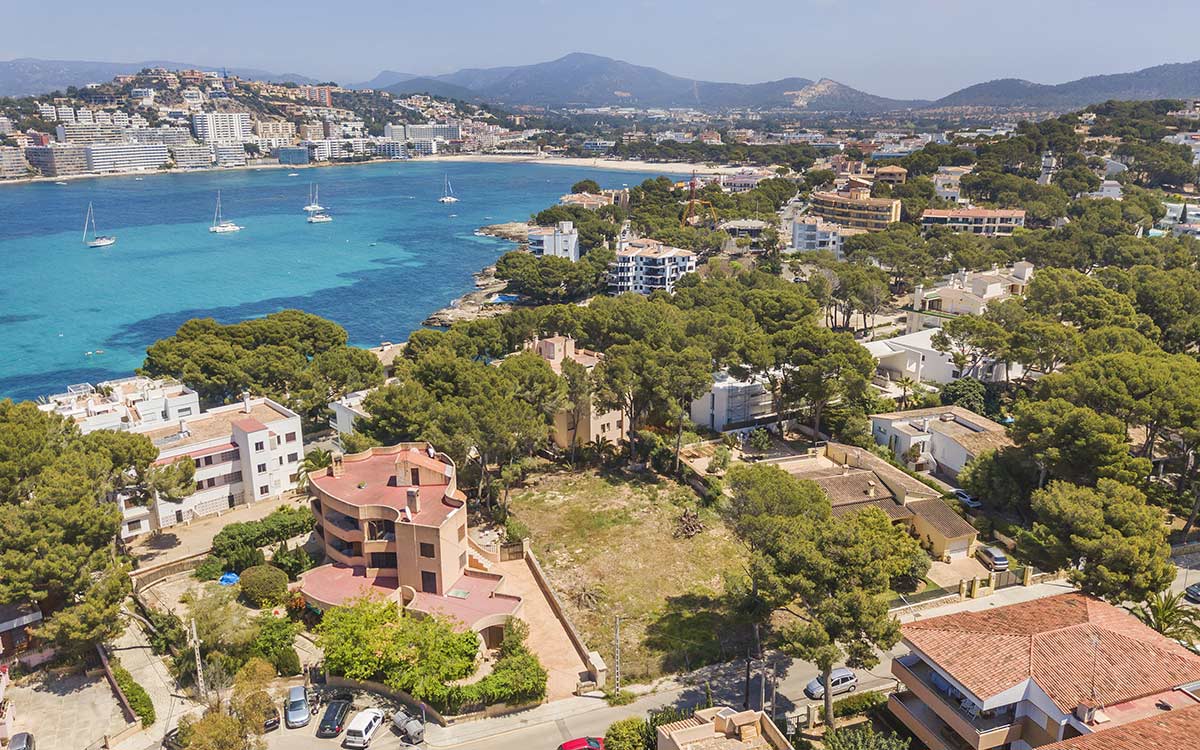Legalisation of Properties in Spain (including Mallorca)
In recent years, the Spanish government has clamped down on properties that don’t meet legal requirements. As a buyer or an owner, it’s important to understand the laws about property in Spain through thorough research and expert advice.
What is an ‘illegal property’ in Spain?
The term illegal here might refer to all or part of a property that hasn’t been developed in accordance with the law. This could be a property built under the wrong permit, on land zone for another purpose, with unregistered elements such as an extension, or more.
There are many reasons that people may come to own an illegal property; the titleholder might have been trying to avoid annual tax or wanted to build in an area they shouldn’t. Alternatively, an unwitting buyer might acquire an illegal property without realising.
Often, these properties can be found on rural land, where vast villas and fincas are highly sought after due to their extensive space. However, this is not always the case.

Whatever the reason, it’s important to know that your entire property is legal to avoid unwanted repercussions.
What are the consequences of illegal work?
There are many types of illegal work that can be carried out. As an example, Law firm Bufete Frau explains the consequences for those who buy a property with non-permissible works on agricultural land in Mallorca.
They say that usually only “the owner-builders, constructors and technical staff with a direct involvement in the construction” can be criminally prosecuted, but that someone who subsequently buys the property may face a fine or demolition order.
Fines for illegal building work on rustic land in Mallorca
The Council of Mallorca’s Agency for Planning Discipline (known as ADT) is the organisation that investigates building work on rustic (non-residential) land.
According to the Majorca Daily Bulletin, between 2009 and 2019 the ADT levied fines that totalled €29.7 million. However, only €3.8 million euros were paid, mainly due to owners voluntarily remedying illegalities and receiving a greatly reduced fine.
Other issues faced with illegal builds
Aside from prosecution, fines, and demolition orders, illegal building work can lead to other problems. As a buyer or an owner, you don’t want any discrepancies between how your property is described on official documents and what it’s like in real life.
Imagine, for example, if you needed financial help with the property, lenders would determine the amount you receive based on official documents of the property. If the property is substantially bigger than these documents say, how will the owner then finance it?
Legalizing a property in Mallorca
The process of legalizing a property can vary according to local rules. For example, as El Pais reported, Andalucía recently opened an opportunity for 327,000 homes to be legalized.
In Mallorca, a 2014 law came in that gave a three-year amnesty for illegal builds. It was estimated that around 1000 properties in Ibiza and 30,000 homes in Mallorca would be eligible for this.
As Mallorcan Councillor Maria Antónia Garcías explains, the person responsible for the illegal works needs to liaise with the relevant town hall to see if the work can be legalised. If not, a demolition project needs to be shown.
Avoid buying an illegal property in Spain
The UK Foreign, Commonwealth & Development Office has developed a guide for UK citizens looking to buy a property in Spain. When it comes to matters of legality, they explain:
“You should check that planning permissions are in order and the property is a legal build. This is particularly important when buying off-plan or direct from a developer. The town hall can tell you whether the building has all licences and permissions and what type of land it is.”
They also advise hiring a trusted and experienced lawyer, which is seconded as an important part of the buying process by the Spanish Land Registry.
Your lawyer can help you spot red flags, avoid common pitfalls, and protect your interests in the buying process. Ideally, the law firm should be experienced in the right areas, be independent, understand the local laws, speak your language, and have the right insurance and credentials.
Property Lawyers – Find a local lawyer today
At Property Lawyers, we are here to help you find the right lawyer for you. Our website acts as a directory for local lawyers, so you can easily search for a lawyer, find out about them, and contact them. We’ve helped over 1000 clients find a local lawyer to protect their interests.
To get started, simply browse our list of lawyers in Mallorca, Menorca and Ibiza or read more insights on our resource pages.

